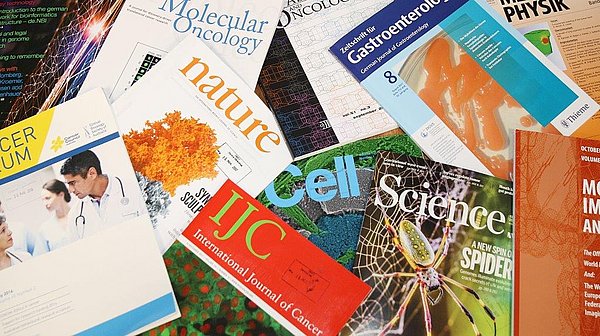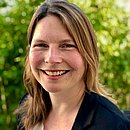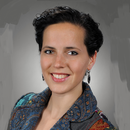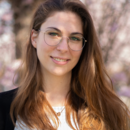The "Web of Science Group" of the U.S. company Clarivate publishes an annual ranking of the world's most cited scientists in 21 different subject areas, covering all natural sciences, medicine, and economics and social sciences.
In 2022, 6938 researchers worldwide were among the top one percent of the most cited experts in their respective fields. This year, the 369 placers from German institutions include 14 scientists conducting research at the German Cancer Research Center and related institutions - almost twice as many as last year.
Among the best of 2022 are:
- Ralf Bartenschlager (DKFZ and Heidelberg University Hospital, UKHD) has paved the way for the development of effective drugs against the dangerous pathogen with his groundbreaking research findings on the hepatitis C virus.
- Epidemiologist Hermann Brenner (DKFZ and NCT Heidelberg) is considered a leading expert in the evaluation of cancer prevention measures.
- Eran Elinav is an expert on the health effects of the gut microbiome. He works at the Weizmann Institute in Israel and heads a research unit at DKFZ that focuses on the influence of the microbiome on carcinogenesis.
- Andreas von Deimling is internationally known for developing diagnostic antibodies that can detect cancer-specific mutations and are used worldwide to better evaluate brain tumors. He heads a clinical cooperation unit of the DKFZ and the UKHD.
- Nuclear medicine specialist Uwe Haberkorn, also head of a Klin. Kooperationseinheit of DKFZ and UKHD, is establishing new nuclear medicine methods based on peptides and antibodies to irradiate cancer "from the inside."
- Mathias Heikenwälder (DKFZ) is researching how chronic inflammation causes cancer to develop and how these processes can be stopped.
- Oncologist Dirk Jäger (DKFZ, NCT Heidelberg, UKHD) and his research department are analyzing the immune reactions directed against cancer and intend to use this knowledge to develop new immunotherapies.
- Jeroen Krijgsveld (DKFZ and EMBL) explores the complexity of the proteome of stem cells and analyzes how it is dynamically regulated in time and space.
- Stefan Pfister, DKFZ, Hopp Children's Cancer Center "KiTZ" and UKHD, is one of the world's most renowned specialists in the molecular genetics of childhood brain tumors.
- Neurologist Michael Platten heads a Clinical Cooperation Unit of DKFZ and the University Medical Center Mannheim. He develops immunotherapies against brain tumors.
- Immunologist Uğur Şahin (University and University Medicine Mainz) heads the Department of mRNA-based Cancer Therapies at the Helmholtz Institute HI-TRON Mainz.
- The DKFZ, TRON gGmbH, the University Medical Center and the University of Mainz cooperate in HI-TRON Mainz.
- Oliver Stegle (DKFZ and EMBL) develops methods for the analysis of high-throughput data. One focus here is on methods to study hereditary variations in single cells.
- Cell biologist Andreas Trumpp (DKFZ and Heidelberg Institute for Stem Cell Technology and Experimental Medicine, HI-STEM), is investigating the role of stem cells in cancer.
- Neurologist Wolfgang Wick is investigating molecular targets for potential targeted therapies against brain tumors. He heads a clinical cooperation unit of the DKFZ and the UKHD.
For the current list, Clarivate considered the authors of all scientific publications published between 2011 and 2021 that were among the one percent of most cited scientific papers at the end of 2021 ("highly cited papers").
Depending on the size of the field, it requires a different number of citations to be counted among the top one percent. Most of the "most cited researchers" come from U.S. institutions (38.3%), followed by China (16.2%), the United Kingdom (8%), and Germany (5.1%).




